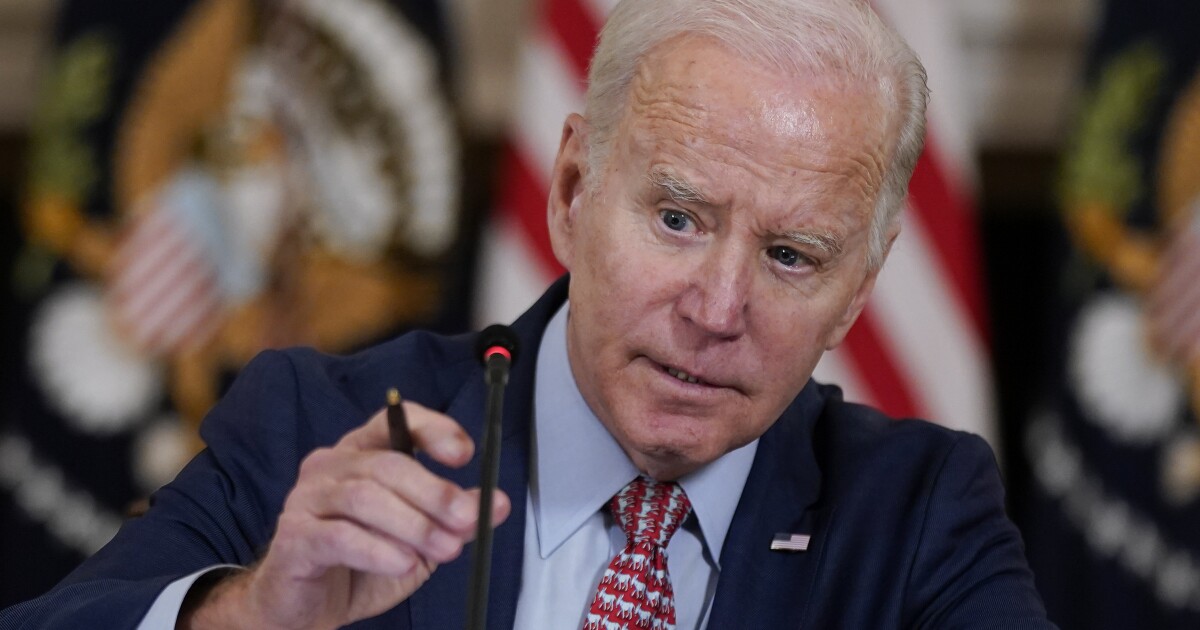

The White House has announced new regulatory reforms. They were promised in the first days of the new administration.
Two new initiatives were introduced: an executive order that pledges to modernize the regulatory process and a revision to the Office of Information and Regulatory Affairs’s regulatory analysis. One provision of the executive order pledged to make regulation “inclusive,” with more local input. A press release from the White House justified the modernization effort as desperately needed since the last overhaul in the 1990s.
OUR HEALTHCARE PRICING CRISIS: IS THE MARKET THE CULPRIT OR THE CURE?
“The threshold for when [regulatory analysis] is used has not changed since it was first established decades ago. Since that time, economic circumstances and other factors have changed a great deal,” OIRA Administrator Richard L. Revesz wrote.
“In order to focus OIRA and agency resources where they are most beneficial, the executive order increases the threshold to $200 million from $100 million in annual effects and directs that it be adjusted for GDP growth every three years. This change will help return the number of regulations subject to more rigorous review to levels consistent with earlier administrations,” he added.
Some experts claim the reforms are a major overhaul that will lead to a major uptick in new regulations.
“It’s the most significant update for the U.S. government’s broad regulatory analysis policy since we’ve been doing regulatory analysis policy,” Billy Pizer, vice president for research and policy engagement at Resources for the Future, told the Hill.
“It brings an entirely different way of thinking about the regulatory system,” senior policy analyst James Goodwin at the Center for Progressive Reform told the outlet. He added that it would clear the way for more and more protective regulations.
CLICK HERE TO READ MORE FROM THE WASHINGTON EXAMINER
The overhaul has drawn criticism from business figures, who worry about the economic impact of more regulations.
“They’re huge shifts in how agencies will do regulatory cost-benefit analysis, and it appears to be an effort to accelerate an already very aggressive regulatory agenda,” Chad Whiteman, the vice president of environment and regulatory affairs at the U.S. Chamber of Commerce, told the Hill.





